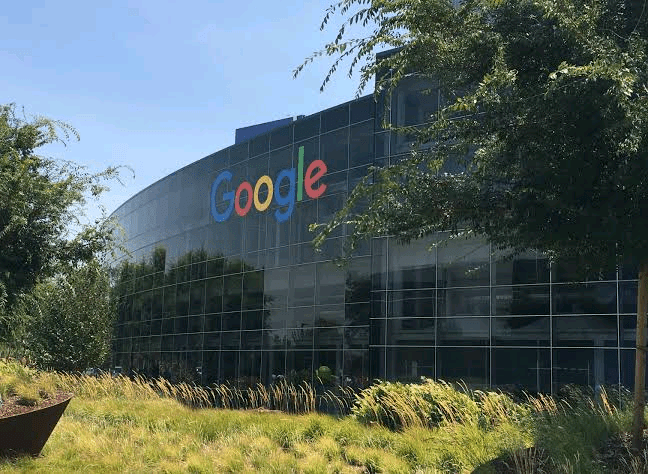Google Search Agrees To Pay $23m Settlement — How To Claim Your Portion
People who used Google between October 2006 and September 2013 to do searches and click on search results may be eligible to receive a portion of the $23 million settlement Google has agreed to pay.
According to the notice of proposed settlement of class action for the case, Google is disputing claims that it shared information and said the settlement is not an admission of wrongdoing.
Read Also: FRSC Announces New Diversion Due To Rehabilitation Work On Lagos-Ibadan Expressway
The class action lawsuit claimed Google shared user searches with third party websites without permission.
Who is eligible to receive money in Google’s class-action settlement?
People who used Google Search and clicked on a search result link between or on Oct. 26, 2006 and Sept. 30, 2013 are included in the settlement as a settlement class member.
Settlement class members have to decide to participate by July 31.
How do I submit a claim?
To opt out or into of the settlement, visit refererheadersettlement.com.
To opt out the settlement, click on the Exclusion Form page, where you will register to receive a Class Member ID.
To opt into the settlement, click on the Registration Form page. Fill out your information and submit it to receive a Class Member ID at your email provided in your registration form. You’ll then go to the Submit Claim page, where you can enter your Class Member ID and submit the form to file your claim.
How much will each person get?
Based on current data, the payment amounts for those with approved claims is expected to be around $7.70 per person.
When can I expect the settlement to be finalized?
The final approval hearing for the settlement is currently scheduled for Oct. 12. Users who wish to object the settlement have to write to the court about why they disapprove of it by July 31, and can also ask to speak in court on the issue.
How is Google changing following the lawsuit?
Following the settlement, Google will change its frequently asked questions (FAQs) and key terms pages to explain the circumstances under which search queries are shared with third parties using referrer headers.

